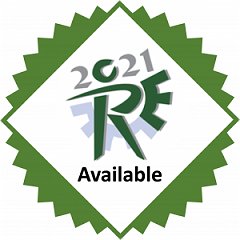Towards Achieving Trust Through Transparency and Ethics
The ubiquitous presence of software in the products we use, together with Artificial Intelligence in these products, has led to an increasing need for consumer trust. Consumers often lose faith in products, and the lack of Trust propagates to the companies behind them. This is even more so in mission-critical systems such as autonomous vehicles and clinical support systems. This paper follows grounded theory principles to elicit knowledge related to Trust, Ethics, and Transparency. We approach these qualities as Non-Functional Requirements (NFRs), aiming to build catalogs to subsidize the construction of Socially Responsible Software. The corpus we have used was built on a selected collection of literature on Corporate Social Responsibility, with an emphasis on Business Ethics. Our challenge is how to encode the social perspective knowledge, mainly through the view of Corporate Social Responsibility, on how organizations or institutions achieve trustworthiness. Since our ground perspective is that of NFRs, results are presented by a catalogue of Trust as a Non-Functional Requirement, represented as a Softgoal Interdependency Graph (SIG). The SIG language helps software engineers in understanding alternatives they have to improve Trust in software products.
Wed 22 SepDisplayed time zone: Eastern Time (US & Canada) change
12:00 - 13:00 | |||
12:00 30mTalk | Towards Achieving Trust Through Transparency and Ethics Research Papers Media Attached | ||
12:30 30mTalk | TEM: A Transparency Engineering Methodology Enabling Users’ Trust Judgement Research Papers | ||